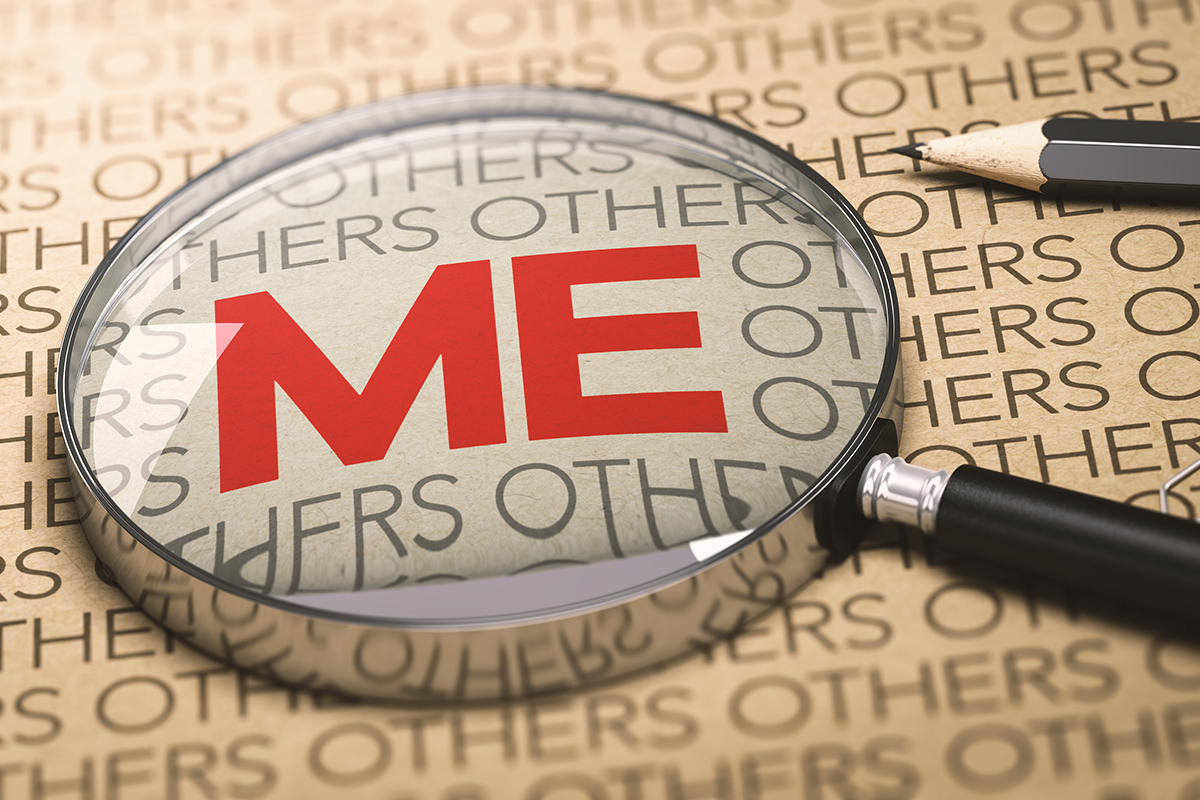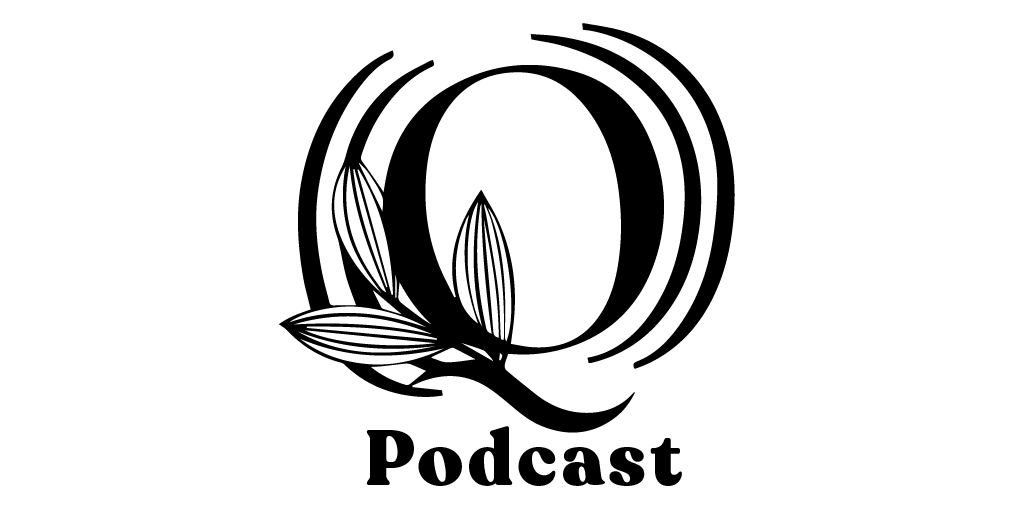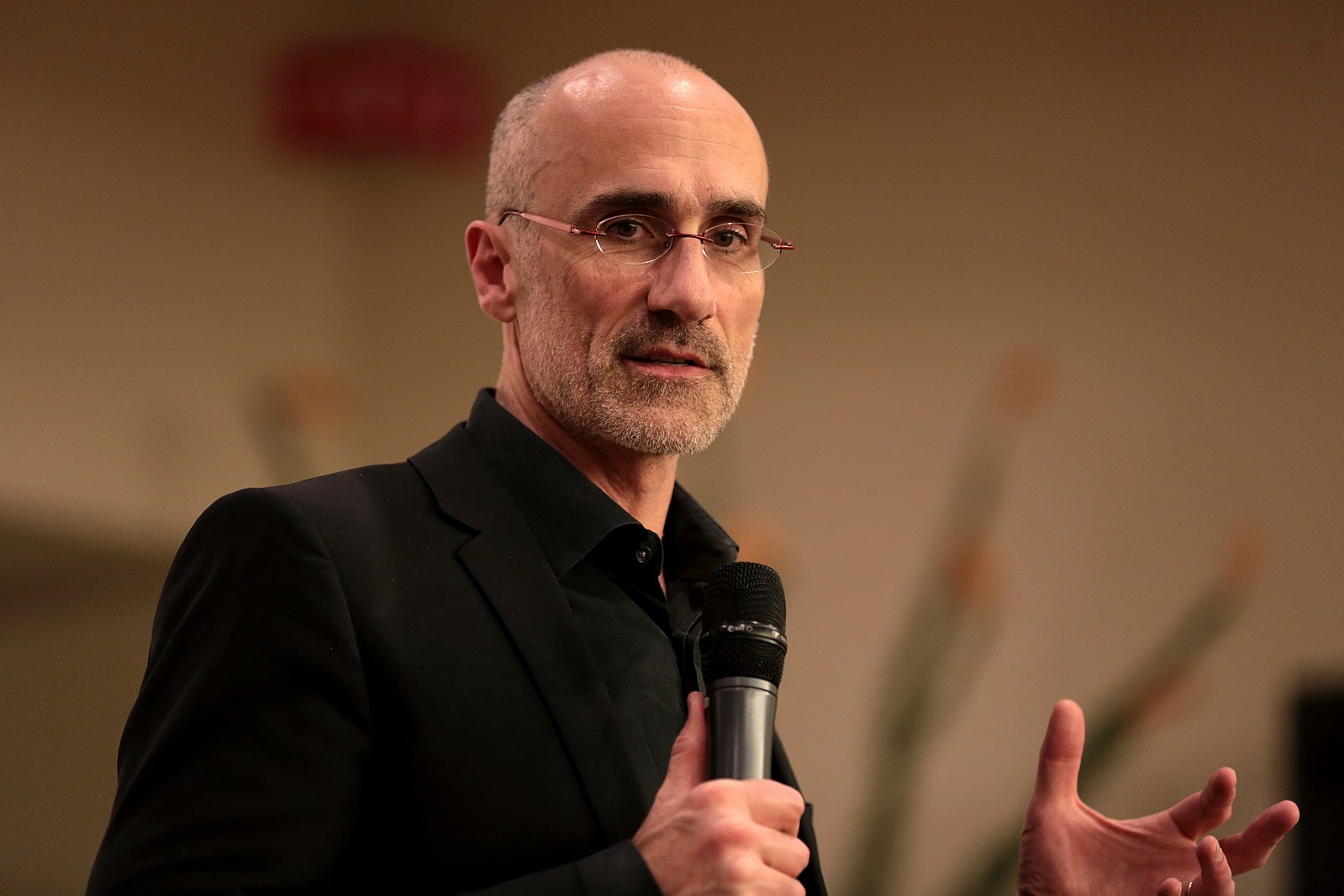recent
The Rise of the Ungovernables
Why is this happening now? The usual response is to blame it all on the politicians.

2019 marks the thirtieth anniversary of Francis Fukuyama’s seminal essay for the National Interest “The End of History?” Its central hypothesis was that we were witnessing “the end point of mankind’s ideological evolution and the universalization of Western liberal democracy as the final form of human government.” That looked plausible in 1989, particularly when the Berlin Wall fell just months after the essay’s release. Thirty years later—not so much.
To be fair to Fukuyama, he never suggested that the world had seen the end of geopolitical conflict or that democracies would experience no more of Macmillan’s “events.” Today, he continues to view liberal democracy as the best form of government, but he is less optimistic about its robustness. It’s hard to disagree with him. The Brexit chaos, the Trump presidency, the collapse of support for centrist parties across Europe, and the pervasive rise of populism and nationalism, all point to the growing fragility of liberal democracy.
Why is this happening now? The usual response is to blame it all on the politicians. Leaders like Orban and Trump are subverting the institutions at the heart of liberal democracy. Political parties like Alternative für Deutschland and the National Rally are promoting illiberal and xenophobic policies. If only we had better leaders, democracy would flourish—so goes the argument.
But bad politicians are hardly a novelty. Two thousand years ago, Cicero declared that “Politicians are not born: they are excreted.” Shakespeare’s Hamlet described a politician as “one who would circumvent God.” If we’ve always had bad politicians, then there must be other explanations for the current downward trajectory of liberal democracy. The four explanations most commonly proffered are greater competition from alternative political models, the increased complexity of modern democratic politics in a post-material world, the constraints on democratic states imposed by globalisation, and the emergence of a range of international threats like climate change and terrorism.
But there is another explanation for liberal democracy’s troubles that is much less talked about and, in my view, more powerful—the fact that voters have become more difficult to govern.
Many attribute that difficulty to voters protesting against the slings and arrows of economic stagnation or cultural dislocation. It is argued that voters are victims of everything from inequality and austerity to immigration and multiculturalism; that they are just responding to adversity. But something more fundamental is going on here. The nature of the voters themselves has changed.
Obviously, in evolutionary terms human nature cannot change in a few decades. But attitudes and expectations can change rapidly, and this has happened in ways that have transformed democratic politics. Compared to voters in the decades following World War II, voters of the twenty-first century have an increased sense of entitlement, a higher regard for themselves and their opinions, and a less tolerant view of others. They are more demanding, more vitriolic and more thin-skinned. And it is not just millennials and Generation X. These changes apply to the baby boomer generation as well.
I’m not saying that modern voters are poisonous egomaniacs. My point is simply that they are relatively more self-entitled, self-opinionated, intolerant, and prickly than earlier voters. And these relative changes have made it harder to govern them in a liberal democracy. What has caused these changes? A series of major developments throughout the last half century from the ascendancy of liberalism to the arrival of social media. Individually most of these developments have been very positive for modern society. Nevertheless, they have also brought about, indirectly and in different ways, changes in the attitudes and expectations, and therefore the behaviour, of voters.
The first development was the ascendancy of liberalism with its focus on the autonomous individual and their rights. During the Cold War, the West trumpeted the superiority of liberal individualism over communist collectivism, a superiority that was vindicated with the collapse of the Soviet empire. However, in many democracies the hegemony of individualism has contributed to a decline in social capital and a loss of a sense of community. The self now rules supreme.
From the 1960s, liberalism sparked an explosion in the explicit recognition of human rights—from the traditional basic rights such as freedom of speech and freedom of worship to welfare rights such as the right to work, health, and an education, and on to a vast patchwork of more amorphous concepts such as the right “to take part in cultural life” and the right “to enjoy the benefits of scientific progress and its applications” (from the United Nations’ International Covenant on Economic, Social and Cultural Rights of 1966).
While the rights revolution has brought major benefits, one troubling byproduct has been the fostering of an entitlement mentality. This is partly attributable to the absence of any corresponding duties and obligations attached to the new-found rights. This is understandable given the oppression that the promotion of these rights was frequently directed at defeating, but it has not been without consequences.
The ascendency of liberalism was accompanied by the rise of consumerism. Mass production generated a boom in consumer goods and a corresponding boom in advertising to create demand for those goods. Citizens were bombarded with messages that they needed all these goods, that they wanted all these goods and, eventually, that they deserved all these goods. The latter is epitomised by the slogan for the cosmetics firm L’Oreal—“Because you’re worth it”.

Today’s consumers are constantly told to buy because they’ve earned it, they deserve it, and they’re entitled to it. The good life is out there to be enjoyed by all and gratification should be instant rather than delayed. Not surprisingly, the path of consumerism through the decades has led inexorably to more entitled, narcissistic, and demanding consumers.
The rise of consumerism went hand in hand with the advance of neoliberalism and the market. From the 1980s, Adam Smith’s “invisible hand” was taken by many as a justification for selfishness—everyone benefits from the butcher, the brewer, and the baker pursuing their own interests. Self-serving behaviour that might previously have been frowned upon could be justified as serving the greater good. For homo economicus, looking after number one is now both morally right and economically rational.
In a market society, everything is a market transaction. Therefore, if someone wants something from you, they must offer you something in return. As Ayn Rand put it in Atlas Shrugged, there is no such thing as altruism. In addition, the need to succeed in the market means that individuals must self-promote and sell themselves. The rewards go to the assertive and the aggressive not the reticent and the modest.
During the same period that the market and neoliberalism have flourished, there has been a decline in traditional social norms and religion in most liberal democracies. These trends are clearly related. The valorising of traits like self-interest and self-promotion represents a shift from traditional values. It is also at odds with customary Christian teachings such as love thy neighbour as thyself and pride is a sin and modesty a virtue.
The decline of religion in most liberal democracies has removed many of the constraints that previously applied to personal behaviour. America is the great exception. There, religion has held its own because it has proved much more adaptive (permissive?) than elsewhere, whether in terms of embracing the market ethos or accommodating the morals of President Trump.
The erosion of traditional social norms has been hastened by elements of postmodernism and relativism—the idea that there is no objective truth or morality. Everyone’s views and feelings are equally valid. No one is “wrong.” Narcissists never doubted it.
Closely aligned to both the decline of religion and traditional values and the rise of self-promotion has been the advance of what sociologist Frank Furedi calls “therapy culture”—the application of a therapeutic model to society and its problems. For some, this means focusing on the self and achieving happiness through self-actualisation or self-fulfilment. Integral to this is the nurturing of emotionalism and high self-esteem. The latter has become a goal in many sections of society. Every parent in recent decades knows that in sports teams and schools, every child gets a prize. The danger in a therapy culture, and in the indiscriminate promotion of self-esteem in particular, is that it encourages selfishness, narcissism, and an entitlement mentality. Psychologists Jean Twenge and Joshua Foster have recorded a significant increase in narcissism in American college students over a 30 year period.
Furedi goes further and contends that the therapeutic imperative cultivates “a unique sense of vulnerability” and that the new social contract is “underwritten by the paternalistic assumption that the vulnerable subject needs the management and ‘support’ of officialdom and the state.” The supply of that management and support has further entrenched entitlement. In the US context, Greg Lukianoff and Jonathan Haidt describe encouraging vulnerability and learned helplessness as the “coddling of the American mind.”
The most recent development that has contributed to changes in the attitudes and expectations of voters is the emergence of the internet and social media. This has coarsened private and public discourse. Most individuals are more comfortable being abusive when they can remain anonymous and many, even when identified, find it easier to insult someone when they don’t have to do it in person. Social media greatly facilitates both these forms of communication and has therefore opened the floodgates on personal invective and character assassination. As they have become more prevalent, they have also become more acceptable. Inevitably, this has flowed over into the offline world. Last century we witnessed the decline of deference. It is no longer declining—it has fallen off the cliff of social media. Admiration of expertise risks a similar trajectory as the Internet universalises knowledge while undermining truth. We’re all experts now.
In addition to licensing vitriol, social media facilitates echo chambers where kindred souls can communicate in furious agreement, reinforcing each other’s opinions while ensuring that contrary views can be avoided. Confirmation bias and cognitive dissonance reign. All this breeds certainty, intolerance, and ignorance. These problems are exacerbated by the inevitable shallowness of so much social media. As Henry Kissinger has observed, “the digital world’s emphasis on speed inhibits reflection; its incentive empowers the radical over the thoughtful; its values are shaped by subgroup consensus, not by introspection.”
For many people, social media has created an “affirmation addiction”—a desperation to be liked, shared, retweeted, and followed. Combined with the growth of emotionalism under a therapy culture, this has led to a preference for feelings over facts and to a hypersensitivity to anything that challenges an individual’s identity or worldview.
When the collective impact of all these developments is considered, can anyone doubt that today’s voters are very different to those of 30 years ago when Fukuyama optimistically assessed the prospects for liberal democracy? For decades, the citizens of liberal democracies have received messages that they are worthy, esteemed, rational, and deserving, and that they should vigorously promote themselves and pursue their own interests. At the same time, many of the traditional social and moral constraints on their behaviour have fallen away. No one should be surprised that this has produced voters who are more demanding, more vitriolic, and more thin-skinned, and who have an increased sense of entitlement, a higher regard for their own opinions, and a less tolerant view of others.

The implications for politics and governance are dire. Voters armed with a burgeoning sense of entitlement demand ever more services and benefits from their government. They react adversely to attempts to resist their demands. The higher the expectations of voters, the greater the sense of dissatisfaction when those expectations are not met. As the expectations gap grows, liberal democracy becomes more brittle. The current record levels of dissatisfaction, disengagement, and distrust in many liberal democracies are attributable more to the increasing expectations of high maintenance voters than to the unfortunate politicians trying to manage those expectations.
That management exercise is further aggravated by the increased polarisation that flows from self-regarding and self-opinionated voters. Convinced of the wisdom of their own ideas, such voters are less tolerant of compromise and less accepting when politicians seek the middle ground to resolve disputes.
As creatures of the market, modern voters are consumers first not citizens. They require something in return if a politician wants their vote. Accordingly, election campaigning is frequently marred by thinly disguised vote buying. The consequences of this for fiscal control are evident in budget deficits across the democratic world. Sadly, voters today would stare with either incredulity or confusion if any politician reprised John F. Kennedy’s “ask not what your country can do for you; ask what you can do for your country.”
While more demanding of government on their own account, the self-regard of modern voters sometimes renders them less sympathetic towards others. Many are prone to what Professor Michael Sandel calls “meritocratic hubris”—the view that a person’s success is solely the result of their own efforts and a measure of their own virtue. That view enables them to rationalise an unwillingness both to pay tax and to support assistance for the less fortunate.
The affairs of state need long term planning. That conflicts with the short termism of voters groomed on instant gratification. A state also thrives on the application of appropriate expertise to policy making. The self-opinionated, internet-educated voter presents a challenge to this approach. Try telling someone who has “researched” climate change on Reddit that they need to pay more for their electricity.
Successful democratic politics requires informed citizens and something at least approaching an agreed set of facts on which a meaningful contestation of views can be based. Agreeing the facts among today’s voters is an increasingly problematic task. It is further complicated by the rise of feelings over facts as a measure for analysing issues.
Thirty years ago, politicians took the pulse of the nation through meetings with voters and tracking “old media.” Now they stumble about in a shifting online world to distil what the voters want. In a virtual firestorm of demands and warnings, outrage and indignation, their priority is often survival rather than communication.
Liberal democratic politics have never been so difficult. So next time you’re complaining about how politicians are leading us astray and destroying the democratic process, remember the self-entitled, self-opinionated, demanding, and prickly voters they have to deal with.






